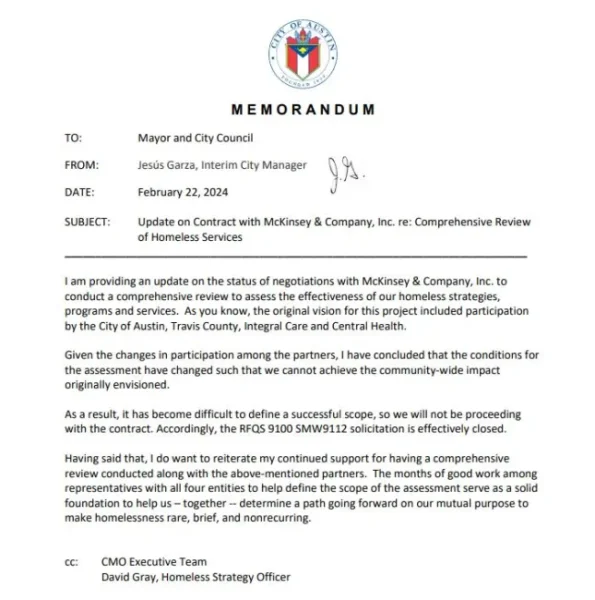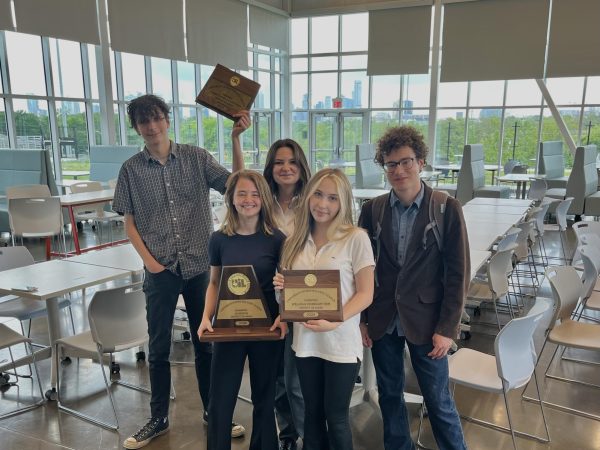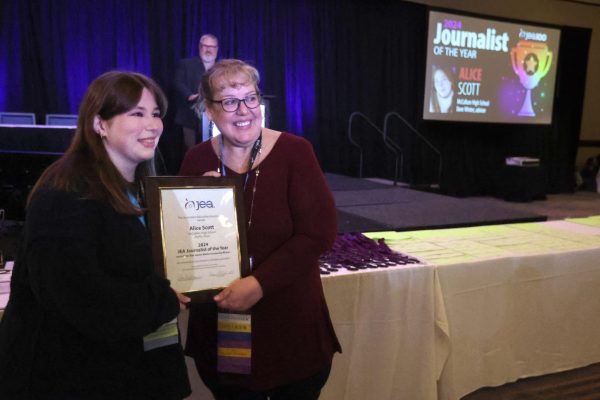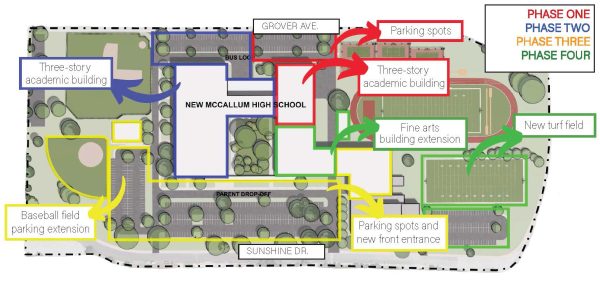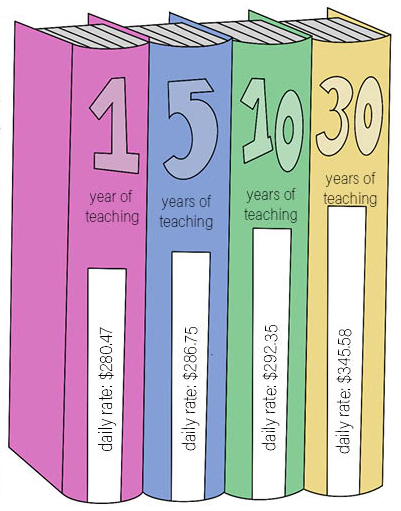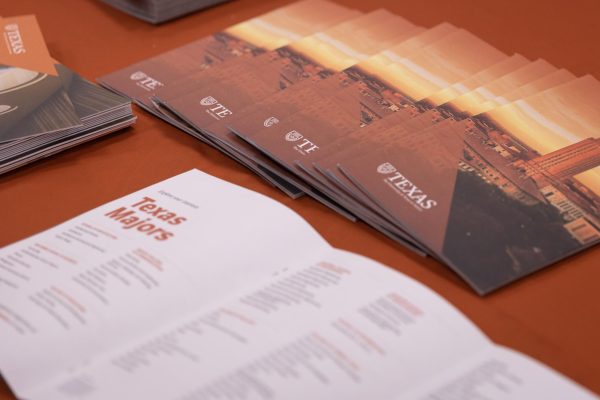Task force issues final budget report
Volunteer committee recommends cutting high transportation cost of magnets, student sharing in order to resolve $30 million deficit
An AISD teacher speaks to the Board of Trustees on the importance of maintaining teacher-planning periods during the development of the 2019 budget.
The Austin ISD budget has been a topic of discussion and debate for several months. On Jan. 7, the Budget Stabilization Task Force, created to address a $30 million deficit, released their recommendations for balancing the budget.
A large portion of the recommendations that were made focused on lowering transportation costs in the district. Magnet programs and similar organizations were examined in particular because of their currently high transportation costs. Because magnet programs supply citywide bus transportation and especially because CapMetro provides free transportation for students, the task force recommended eliminating magnet transportation costs and establishing magnet-quality classes at schools throughout the district.
It’s great that people are so passionate about this. We really want to listen to people’s voices.
— McCallum senior and member of the Budget Stabilization Task Force Sophie Ryland.
Another cost-saving recommendations was to eliminate the high school sharing model. The high school sharing model is a program in which students have the ability to attend classes not offered at the school in which they are enrolled by traveling to other campuses that offer the course of their interest.
“[Course sharing has] made [school] really interesting,” said senior Sutton Ballard, who attends the LBJ Fire Academy. “I’ve gotten to know people at LASA, LBJ, Lanier and Austin High all through student sharing.”
Transportation costs are high for the program; students often drive themselves between campuses, but many students in the program are unable to do so and have relied on busing.
“Firefighting is a two-year program,” Ballard said, “so it would definitely affect juniors to not have buses.”
Participants say the high school-sharing model, though not a priority in the eyes of the district, has had positive effects on many students and provided them with opportunities they would have otherwise enjoyed.
“Not every school is able to offer every single class,” Ballard said. “McCallum doesn’t seem to have a lot of career-oriented classes whereas some of the student-share classes, like firefighting and veterinary science, are setting you up for a great career.”
McCallum doesn’t seem to have a lot of career-oriented classes whereas some of the student-share classes, like firefighting and veterinary science, are setting you up for a great career.
— senior Sutton Ballard
The elimination of free transportation for schools with magnet programs is another major facet being discussed. Magnet programs require students to submit an application in order to be accepted into a school other than the school they are zoned to attend. Since magnet programs enroll students from all over Austin, the cost of transportation to and from these schools is significantly higher than other schools in the district. McCallum is a choice program (not a magnet program), so it would be unaffected by this proposed change.
Another measure being taken to fix the issues with the district budget are the consolidation of campuses with low enrollment, specifically those with enrollment lower than 60 percent of capacity. Many community members have taken issue with this proposal due to emotional attachments and personal histories with certain campuses.
“It’s difficult because people care so strongly,” said senior Sophie Ryland, the only student member of the Budget Stabilization Task Force. “We have people coming and talking to us, really upset, because these campuses matter a lot to them.”
Other proposals include redrawing school boundaries, eliminating tax exemptions for historical properties and implementing a program to reduce teacher turnover.
Though the district is forced to make difficult decisions regarding the budget, the BTSF says the voice of the community is still important to the process. There were town hall meetings regarding the budget at Travis and Reagan this week. A third such meeting will take place 11 a.m. Saturday at Austin High.
“It’s also great that people are so passionate about this,” said Ryland. “We really want to listen to people’s voices.”



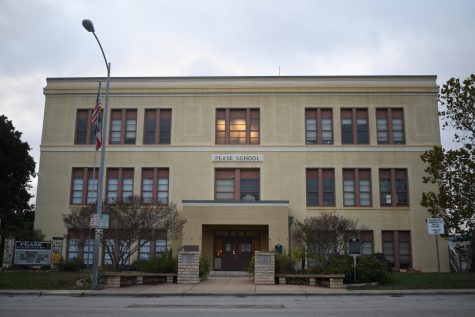
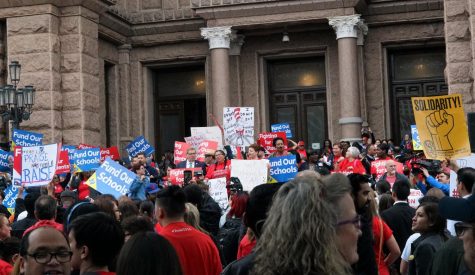

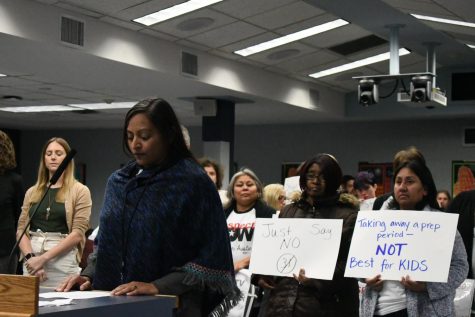
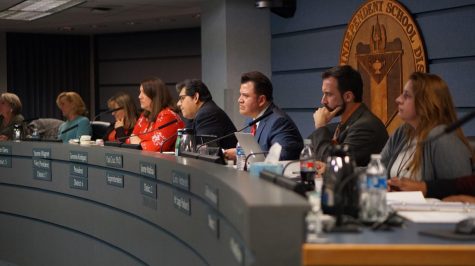
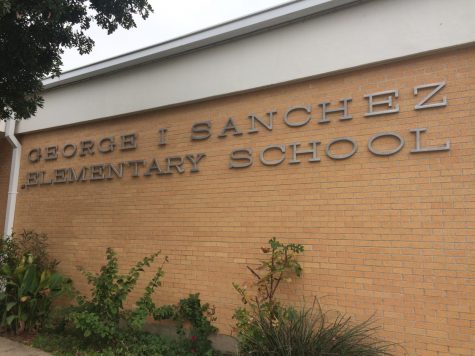
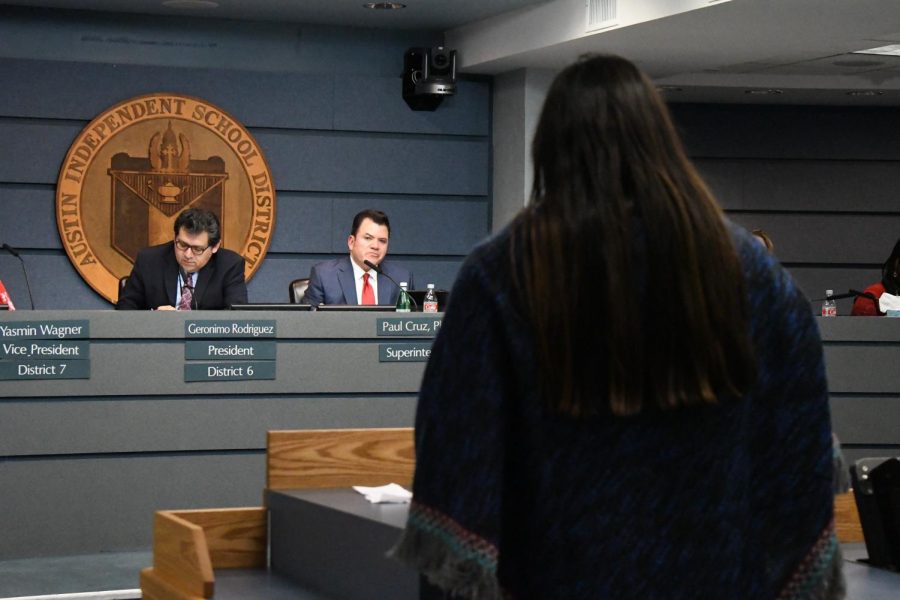
![With the AISD rank and GPA discrepancies, some students had significant changes to their stats. College and career counselor Camille Nix worked with students to appeal their college decisions if they got rejected from schools depending on their previous stats before getting updated. Students worked with Nix to update schools on their new stats in order to fully get their appropriate decisions. “Those who already were accepted [won’t be affected], but it could factor in if a student appeals their initial decision,” Principal Andy Baxa said.](https://macshieldonline.com/wp-content/uploads/2024/04/53674616658_18d367e00f_o-600x338.jpg)
